Archive: Festival 2016
From Thursday 22 to Sunday 25 September, Klarabiografen, Cinema Zita Folkets Bio and Bio Rio will be filled with the best Latin American cinema. Inspired by our successful first edition we have designed a program composed by 18 titles produced in 11 countries from the region during 2014 and 2015, two discussion seminars and other events related to Latin America and its cinema.
This year PANORAMICA will open with the Colombian film Embrace of the Serpent directed by Ciro Guerra, in which one of the central topics is the memory. In addition to being one of the most important topics for Latin American societies today, memory is the leitmotif of our 2016 program, which will emphasize on the power that the documentary cinema has for the construction of collective memory and the struggle of indigenous communities to defend the environment, their territories and ways of life.
What does it mean “to remember” for societies marked by a history where violence comes back, again and again, in its various and ferocious facets? How can we use memory to overcome the imprints caused by colonial history, military dictatorships, looting and exploitation? These are some of the questions that will be discussed by the 18 feature films and seminars that integrate our program from perspectives as diverse as the region.
We give you a warm welcome once again and we hope that our program connects you with your most precious memories and approaches us in the meeting with Latin America.
Films
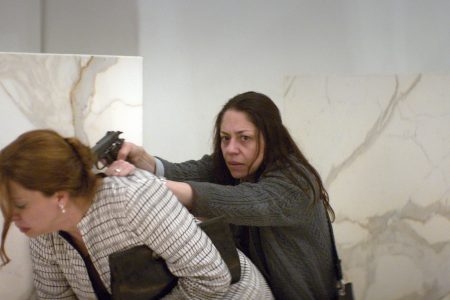
A Monster with a Thousand Heads
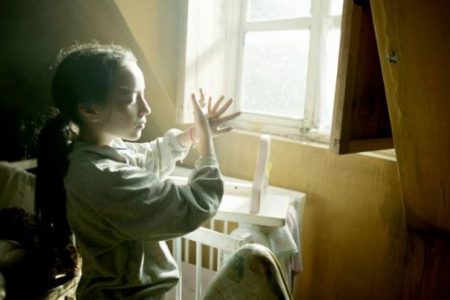
Alba
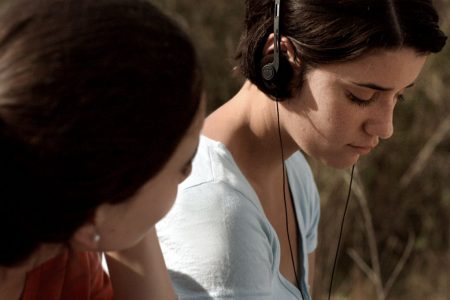
Atlantida
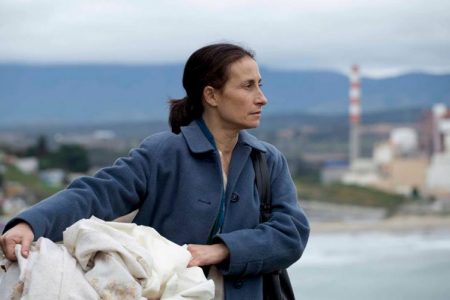
Aurora
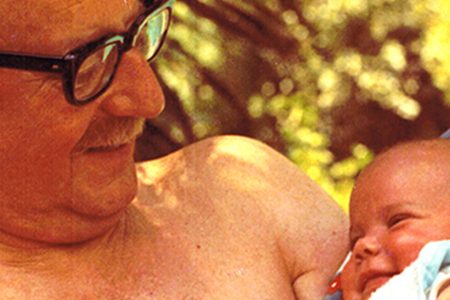
Beyond my grandfather Allende

Beyond my grandfather Allende
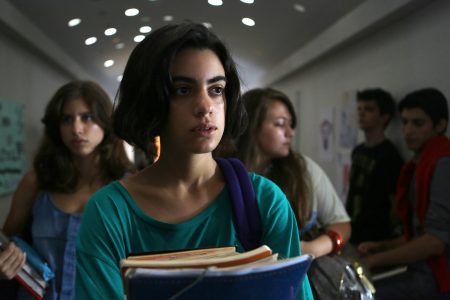
California
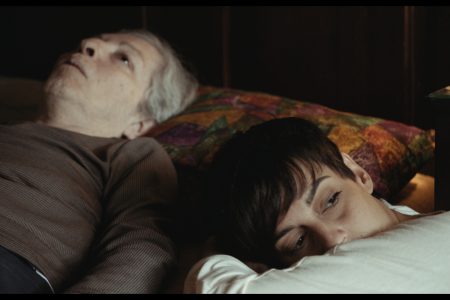
Cloudy Times

Embrace of the Serpent
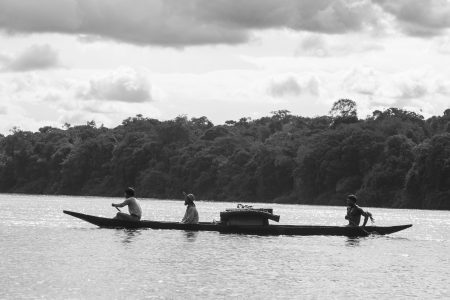
Embrace of the Serpent
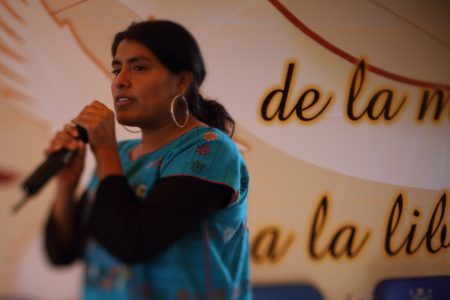
Eufrosina’s Revolution

Festival Party with DJ Masaya
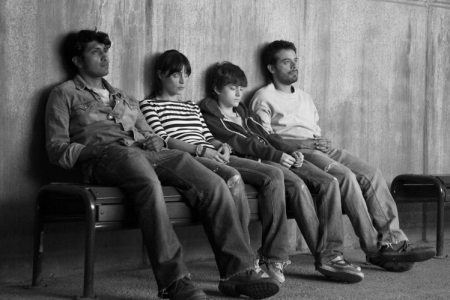
Güeros

Holiday
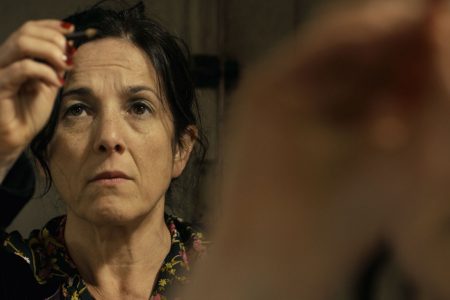
Illiterate
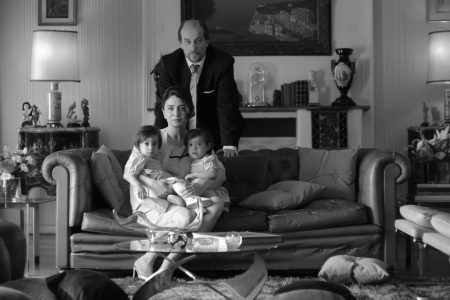
Incident Light
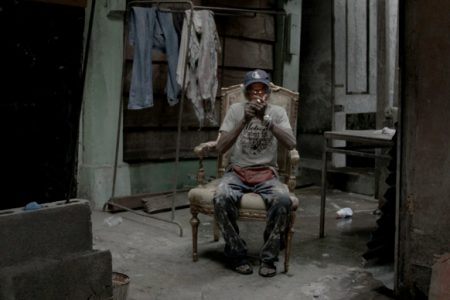
Invasion
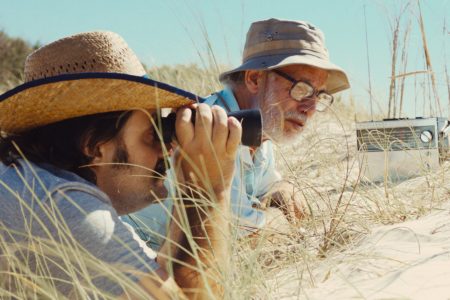
Kaplan
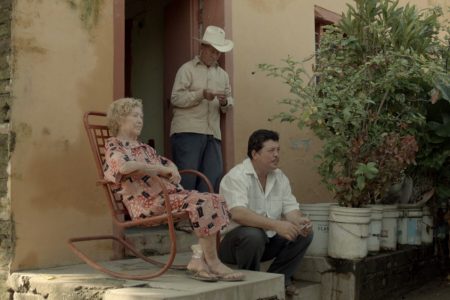
Kings of Nowhere

Majesty
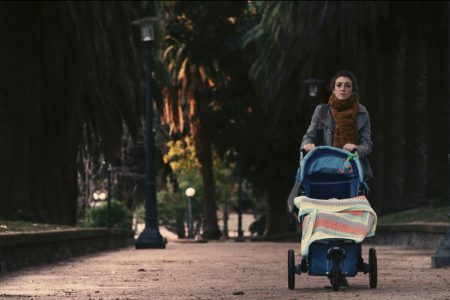
My Friend From the Park
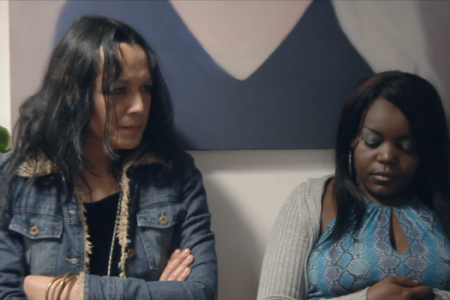
Naomi Campbel
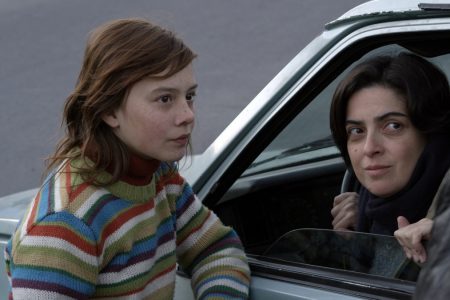
Natural Sciences
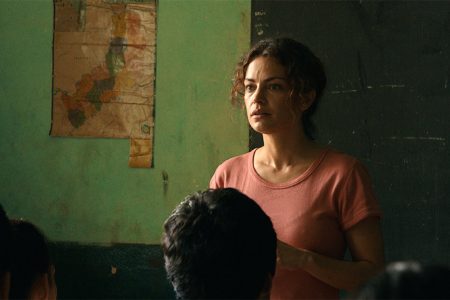
Paulina
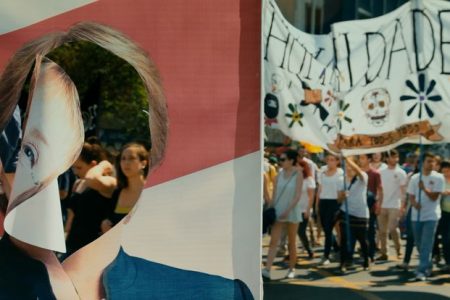
Propaganda
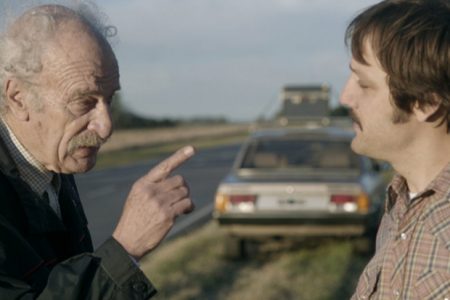
Road to La Paz
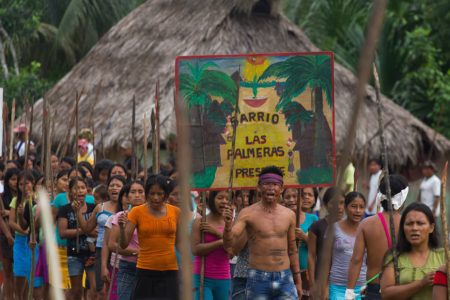
Seminar: film, environment and indigenous people
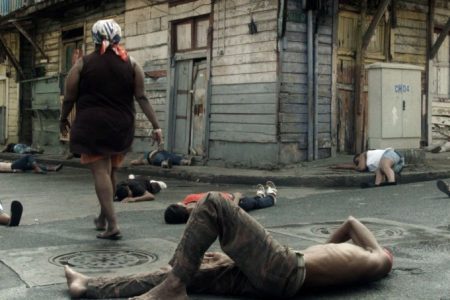
Seminar: memory and documentary film
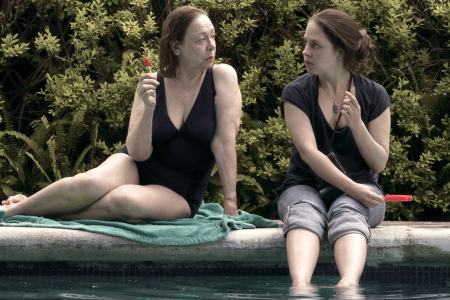
She Doesn’t Want to Sleep Alone
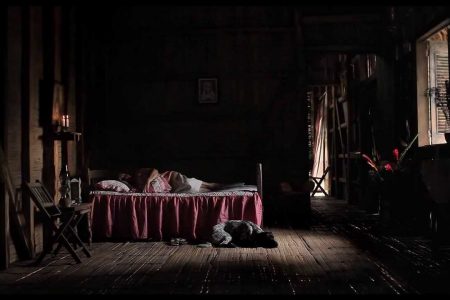
Silence in Dreamland
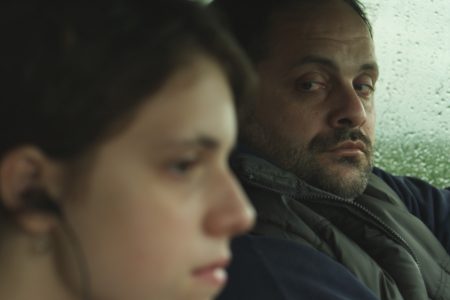
So Much Water
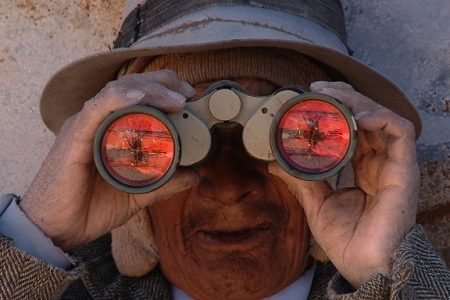
Surire

Tea Time
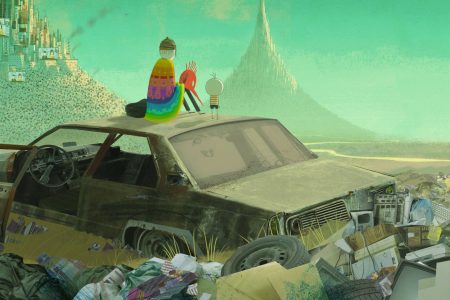
The Boy and the World
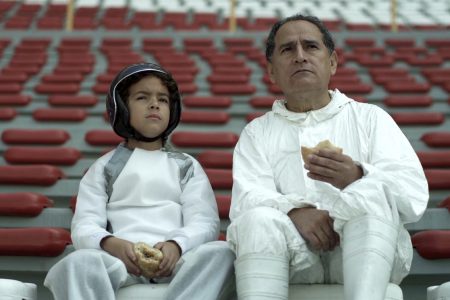
The Cleaner
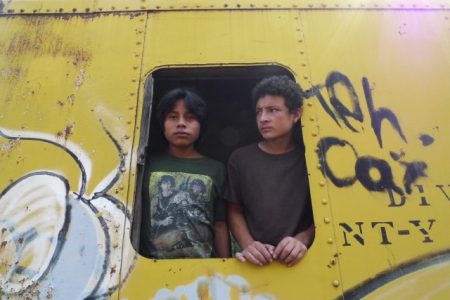
The Golden Dream
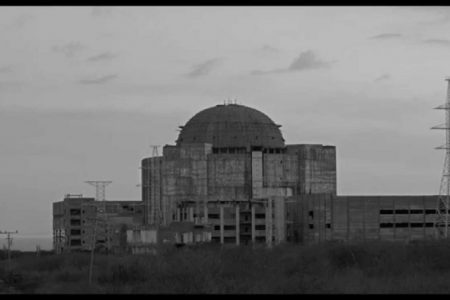
The Project of the Century
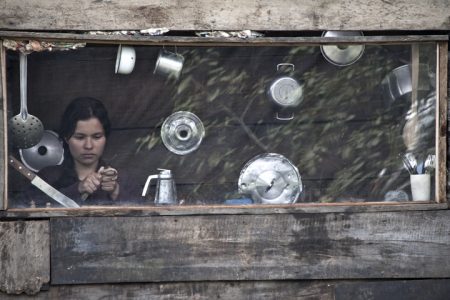
The Towrope
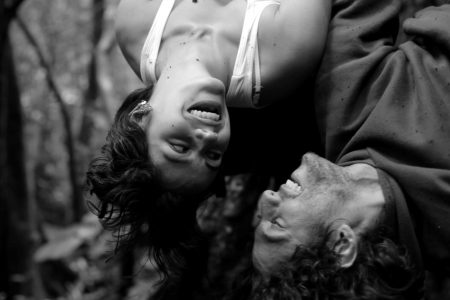
Viaje
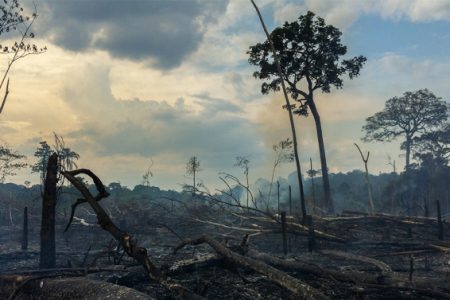
When Two Worlds Collide

When Two Worlds Collide
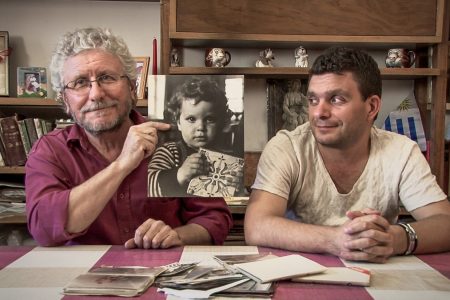
Your Parents Will Come Back
Theme: memory
Memory, understood as a force field where the collective is built and the encounter between generations is possible, is by far one of the most important issues for contemporary Latin American societies. Latin American politics today, where coups and political violence in general refer us to the past, near and distant, make clear the need to remember.
In recent years, the environmental protection has become an issue increasingly linked to the reflection on the collective memory of the region. Due to economies that expand through the looting and destruction of historically protected territories and revered by indigenous groups, the idea of memory not only points to the past, but also asks us to transform the present and make a sustainable possible future.
Cinema, a medium that is essentially fed by memory, is a key weapon to explore these questions. The selection of 18 films that make up our program this year explores memory through perspectives and discussions as diverse as the ways in which the topic is discussed in the region: from the realm of the personal, where a widow and a mother without children protect their memories to confront the contradiction between their desires and social norms; to the collective sphere in which the post-dictatorship generation in Uruguay, Chile, Argentina and Brazil reflects on memory and identity.
This year the program puts emphasis on the power that documentary cinema has for the construction of collective memory, as well as the struggle of indigenous communities to defend their rights over their territories and ways of life. We hope the selection connects you with your most precious memories and approaches us in the meeting with Latin America.
Seminars
Memory and documentary film
What is memory and how important it is to remember? What is the role that documentary films have to créate the collective memory, to review the past and to build the future? Abner Benaim, Betzabé García and Pablo Martínez Pessi will reflect on these questions in connection to the contemporary documentary in Latin America.
In connection to this seminar we will present a program with three documentares: Invasion of Abner Benaim, Your Parents Will Come Back by Pablo Martínez Pessi and Kings of Nowhere by Betzabé García.
With the support of the Konstnärsnämnden, and the embassies of Panama, Mexico and Uruguay in Sweden.
Film, environment and indigenous people
What can films do to protect the environment? What is the use that indigenous peoples in Latin America and Sweden have given to documentary films to defend their territories? This seminar will be devoted to reflect on these and other important questions about the relationship between film, the environment and indigenous peoples in Latin America and Sweden.
As part of this seminar, we will present a program of three films: the Colombian movie Embrace of the Serpent by Ciro Guerra, the Chilean documentary Surire by Iván Osnovikoff and Bettina Perut, and the Peruvian documentary When Two Worlds Collide by Heidi Brandenburg and Mathew Orzel.
With the support of Latinamerikagrupperna, Jordens Vänner and the Colombian Embassy in Sweden.
Guests
Abner Benaim
Abner Benaim studied International Relations before making documentary films. In 2004 he created the production company Apertura Films in Panama and made the documentary series El otro lado, that won the 2005 prize for best documentary at the Television Festival of New York.
Angélica Perea
Angélica has a Master’s in fine arts from the National University of Colombia, with specialization in sculpture, art history and art theory. She has extensive experience in audiovisual media in a number of Colombian productions, as well as a researcher in art history and project management in culture.
Betzabé García
Betzabé Garcia had her big debute with her first documentary Kings of Nowhere. The documentary won the Global Audience Award for Best International Film of the SWSX, the Grand Jury Prize at the Full Frame Documentary Film Festival and the award for Best Documentary at the Film Festival in Zurich in 2015.
Pablo Martínez Pessi
Pablo Martinez Pessi was born in Uruguay and since 2006 has developed several projects as a director and producer. In 2009 he released his first documentary From the water, which was followed by the short documentaries Semillitas, Guarino and Normal, before his second feature, Your Parents Will Come Back. The film has received numerous awards at film festivals in Latin America.